Crip News v.167
An entertainment digest, new works, other news, more footnotes on disability nightlife, and calls.
(SO MUCH) NEWS
A shock campaign of headlines follows yesterday’s inauguration of another authoritarian administration in the US. Look for the “Intensities” section of coming issues that will draw out and analyze the many ways disability communities are embedded within and affected.
Entertainment Digest
Sebastian Stan won the 2025 Golden Globe for Best Performance by an Actor in a Motion Picture, Musical or Comedy for his role in A Different Man. “Our ignorance and discomfort around disability and disfigurement has to end now,” he said in his acceptance speech. Stan plays a disabled character alongside disabled actor Adam Pearson who was authentically cast to tell a different kind of story about disfigurement.
Another nondisabled actor, Jharrell Jerome, plays a disabled character in Unstoppable, based on the life of disabled college wrestling champion Anthony Robles, who appears as a stunt double in the film. A good example of a ‘supercrip’ film, the movie has unsurprisingly been called “moving.”
The Wrap’s Kristen Lopez reports on the “burgeoning new role” of Production Access Coordinators on Hollywood sets.
New Works
The Agency of Access: Contemporary Disability Art & Institutional Critique by Crip curator and art historian Amanda Cachia is out now from Temple University Press. The book “examines how access can be employed as a methodology for curating art exhibitions using a multi-sensorial approach.”
For Forbes, accessibility advocate Bill Schiffmiller reflects on new trends in access technology that were on recently display at the annual CES (Consumer Electronics Show) in Las Vegas.
In Other News…
The staff of the Autistic Self Advocacy Network (ASAN) is unionizing.
The new contribution limit for ABLE accounts in 2025 is $19,000.
A new US law, the Think Differently Database Act, requires the federal government to roll out a clearinghouse of national services for people with developmental disabilities. The Department of Health and Human Services has 3 years to complete the new tool.
MORE FOOTNOTES ON DISABILITY NIGHTLIFE
Thank you to everyone who reached out following my appearance on The Kelly Clarkson Show. The love is deeply felt. Today, I wanted to offer one more set of references to help share the shine with artists and organizers who are doing game-changing work in disability nightlife.
A Different Kind of History
A party is a disappearing archive. DJs might record their sets and publish them later. And sometimes promotional materials like flyers are collected and preserved by folks like Nicholas Martin for NYU’s Downtown Collection. But the stuff of parties is usually ephemeral (the jokes no one writes down) or kept as private media (the photos and videos from the club).
The ubiquitous inaccessibility of nightlife spaces means disabled people have been routinely excluded from the party as a portal that opens only for those with the right tolerance for chaos. Even though nightlife can be treated as an unserious topic, parties are where we ritualize, mark time, and understand ourselves.
So another way to think about it is that disability nightlife has been around forever and tricky to tap into. But we have traces. For example, there were “late night bull sessions” of the “Rolling Quads,” a group of 12 disabled students at UC Berkeley who lived in the university’s Cowell Hospital starting in 1967. We know the 504 protesters “talked, played cards, sang, partied, made friends, and fell in love” as they occupied a federal building in San Francisco for nearly a month.
But what we can’t know about these histories isn’t necessarily a loss. In The Tuba Thieves, d/Deaf/Hard of Hearing artist Alison O’Daniel recreates the 1979 Deaf Club, a legendary venue in San Francisco where Deaf elders and punk scenesters shared space. The film models curiosity about the slippages between then-and-there and here-and-now and animates new aesthetics of deafness on screen.
TODAY’S GLOBAL MOVEMENT
Here are just some of the disability nightlife scenes popping off right now:
The international performance collective Brownton Abbey, stewarded by Tarik Elmoutawakil, is an “Afro-Futurist space-church” bringing disabled queer artists of color to festival stages across Europe.
Crip Ecstasy, stewarded by Octavia Rose Hingle, is just one example of San Francisco’s scene. Lotus Boy and Glamputee are not-to-be-missed disabled performers.
Toronto-based Crip Rave, stewarded by Stefana Fratila and Renee Dumaresque, has been showing club and festival worlds how to move with access.
Chicago’s Clean Air Club and worldwide mask blocs are good examples of the organizers who are helping make in-person spaces safer for immunocompromised folks and everyone.
UK-based Drag Syndrome, “the world's first drag troop featuring highly addictive drag Queens and Kings with Down's Syndrome,” tours around the world and upsets hateful Republicans in the US.
The DisCo Dance Collective is a new offering from the Disability Justice organization Embraced Body with a free quarterly gathering for multiply marginalized disabled dancers centering QTBIPOC.
For more, check out…
The 2017 protest led by Kevin Wilson in the streets of Soho in London calling for more access to club spaces.
The Irish government’s Night-Time Economy Accessibility Survey project.
Sami Schalk’s 2010 poem “Our Dance Dance Revolution” about the legendary parties at the Society for Disability Studies Conferences.
Gavin Lewis’s 2021 article for DJ Mag on how clubs can become more accessible.
The We Do Us campaign from UK-based Tilting the Lens on building disability-centric nightlife.
This is only a slice of it all. If you have more to share about disability nightlife, please drop it in the comments!
CALLS
Support Black queer disabled femme artist and spiritualist Jade T. Perry’s survival, wellness, and health through a mutual aid raffle. More here.
The Foundation for Art & Healing seeks a Project Manager for its Project UnLonely. More here.
Inclusive Arts Vermont seeks volunteer board members and interns. Apply for the internships by Jan. 27. More here.




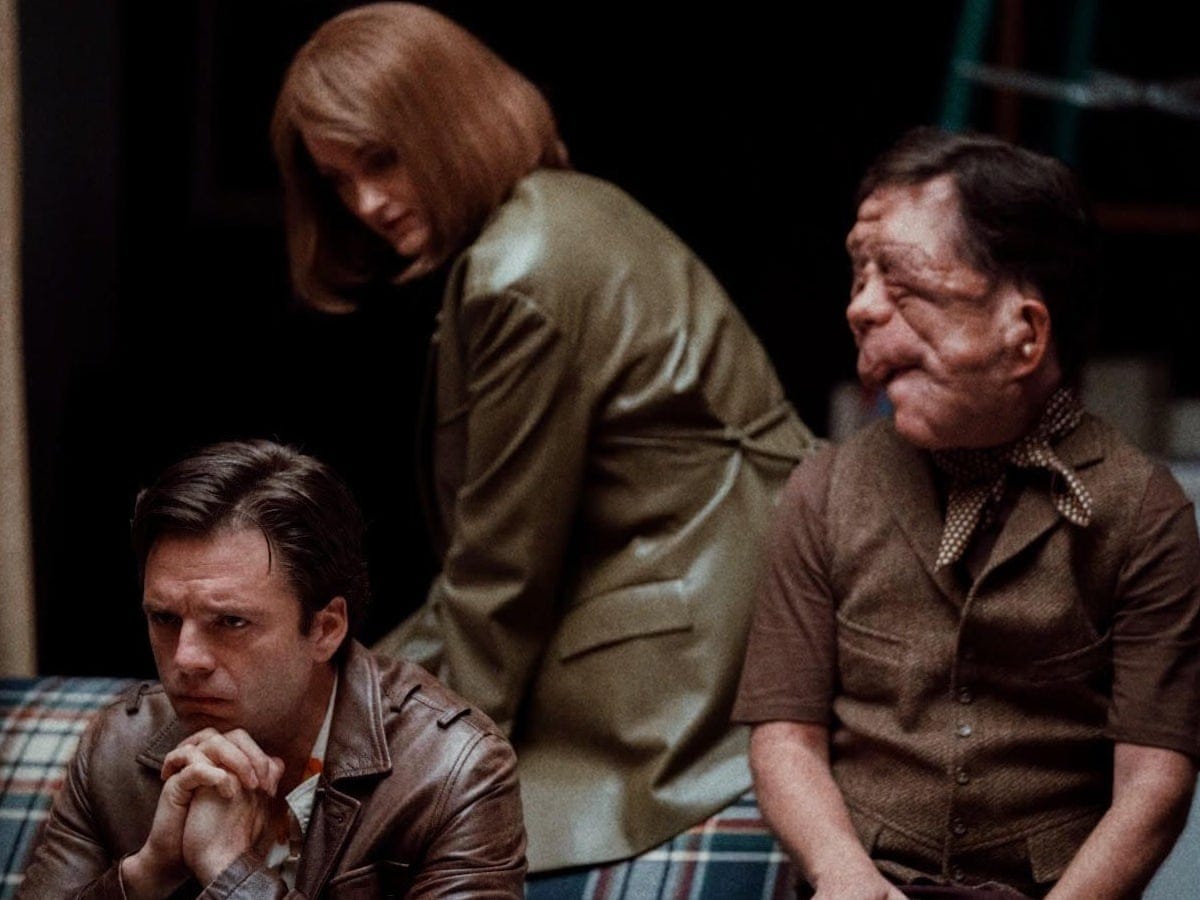
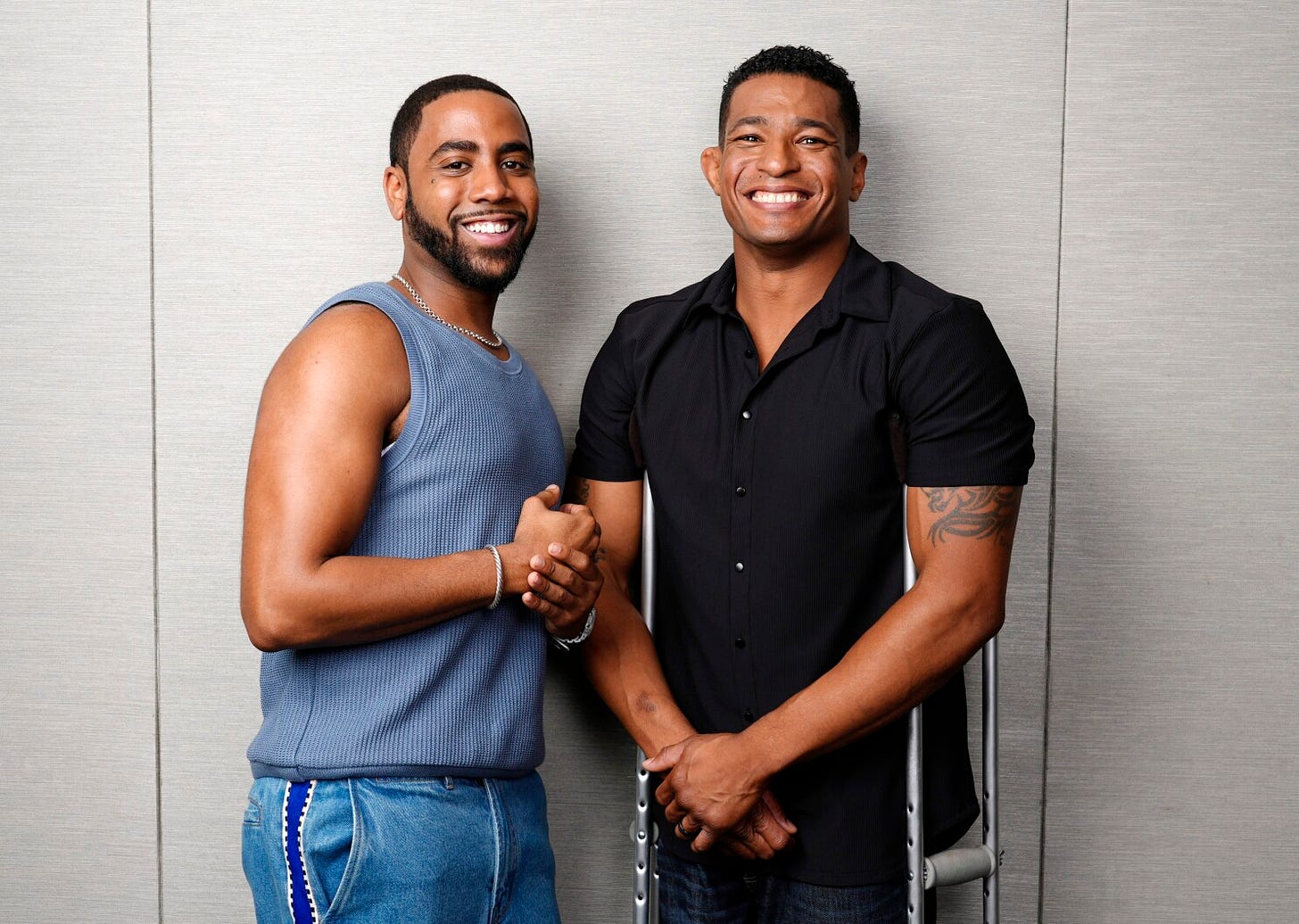
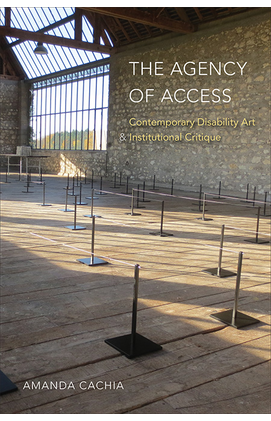
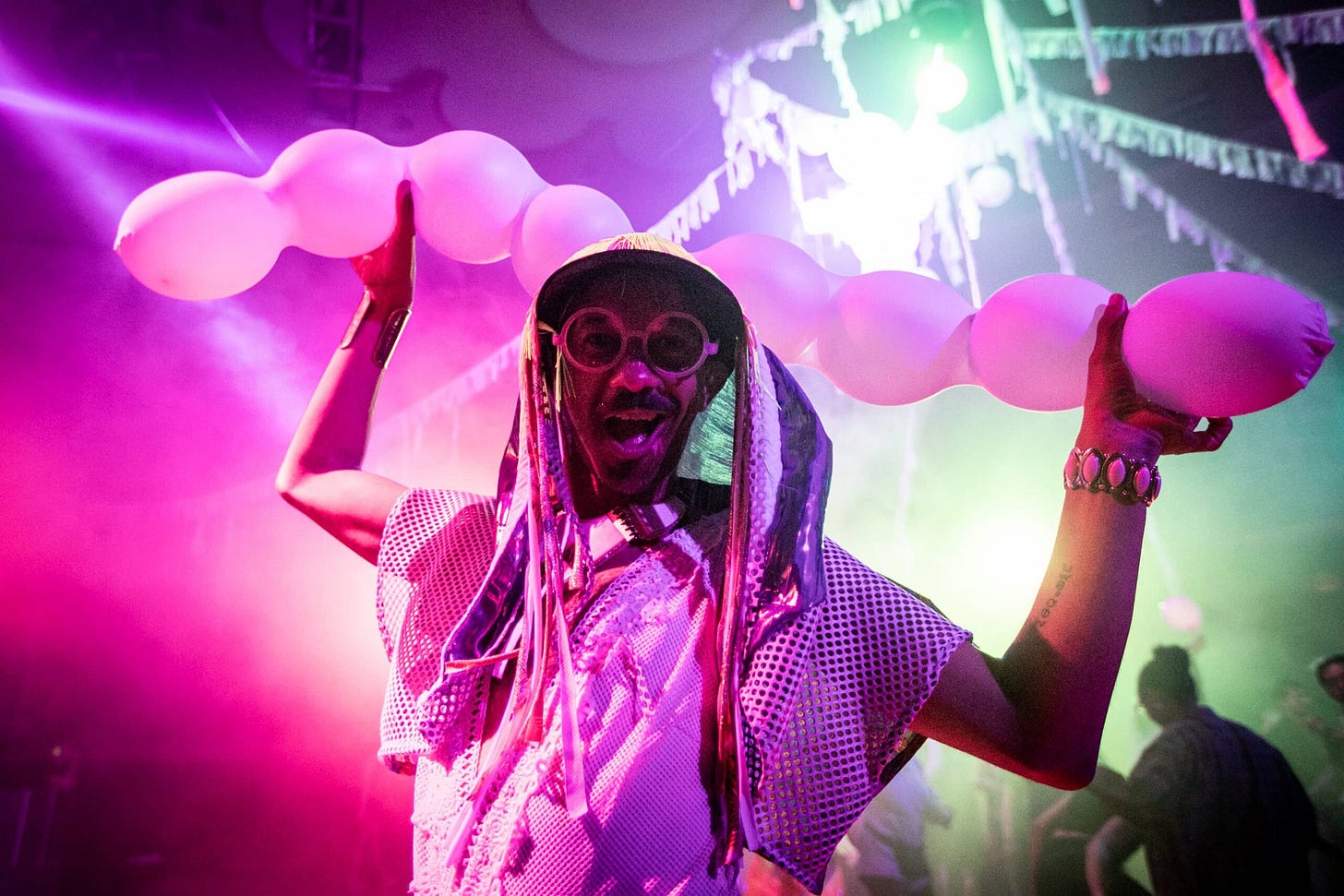
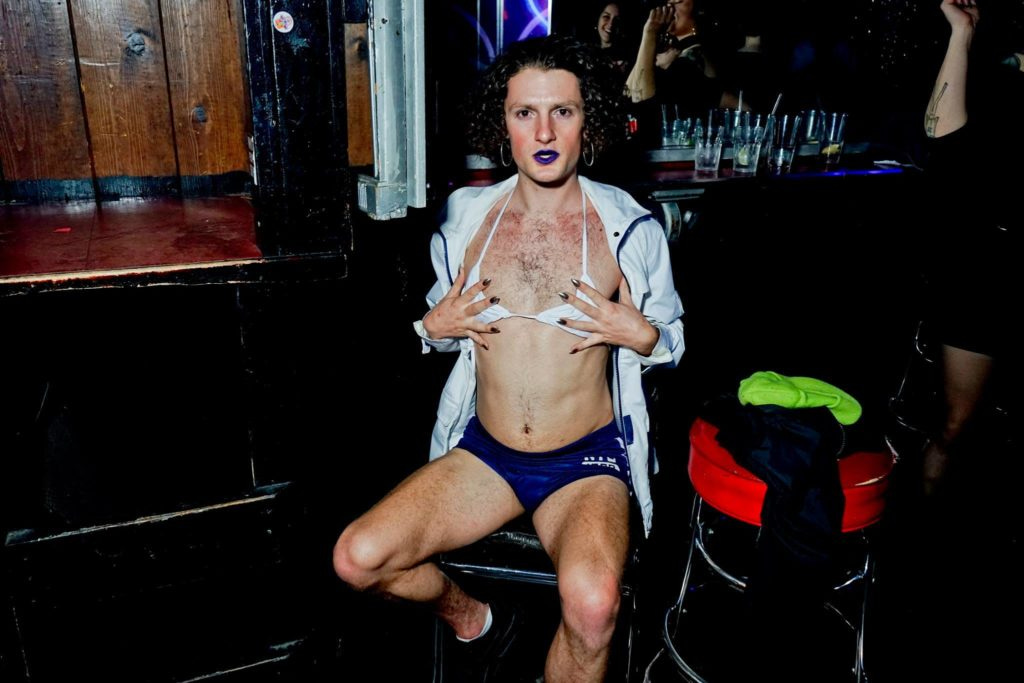
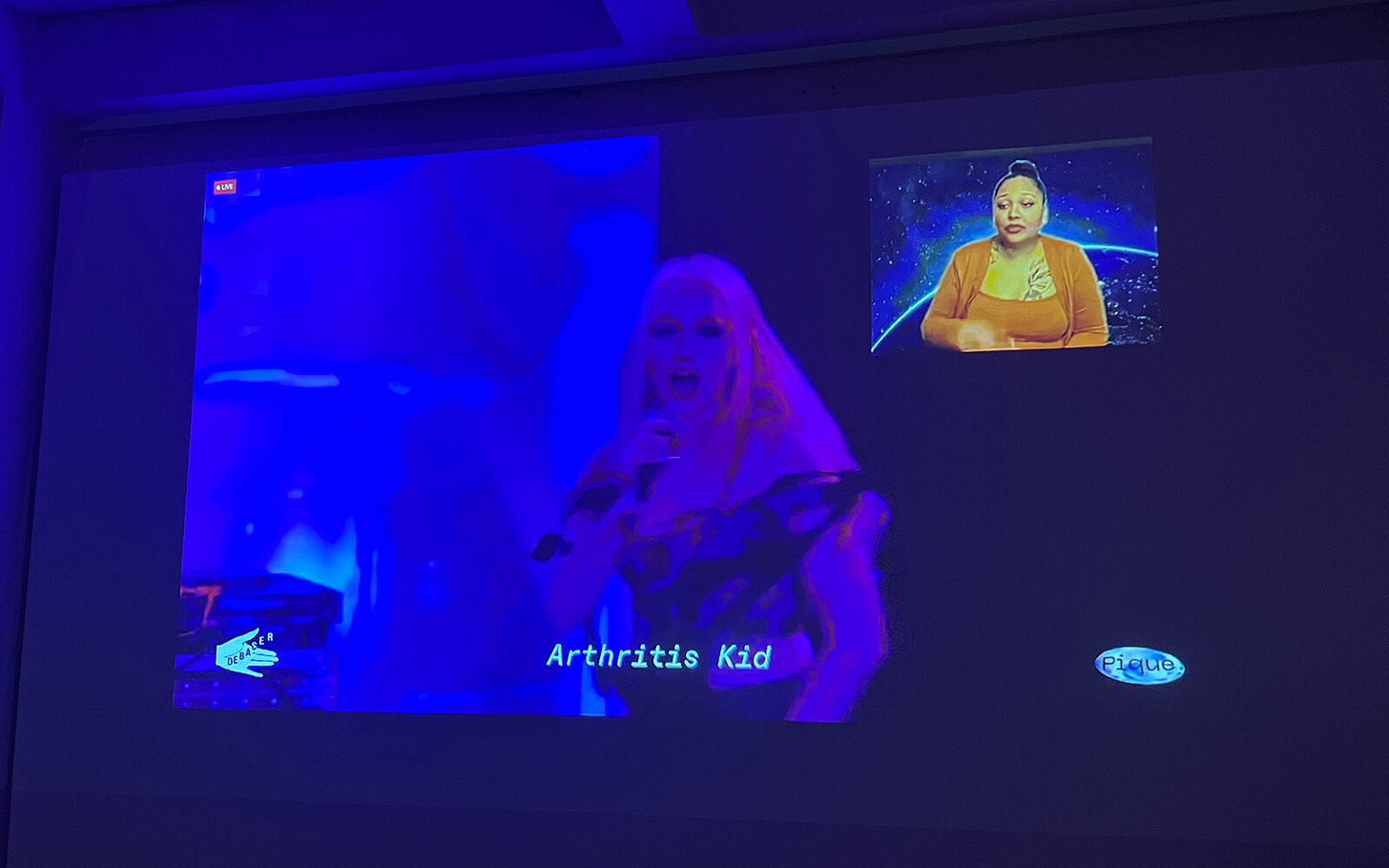

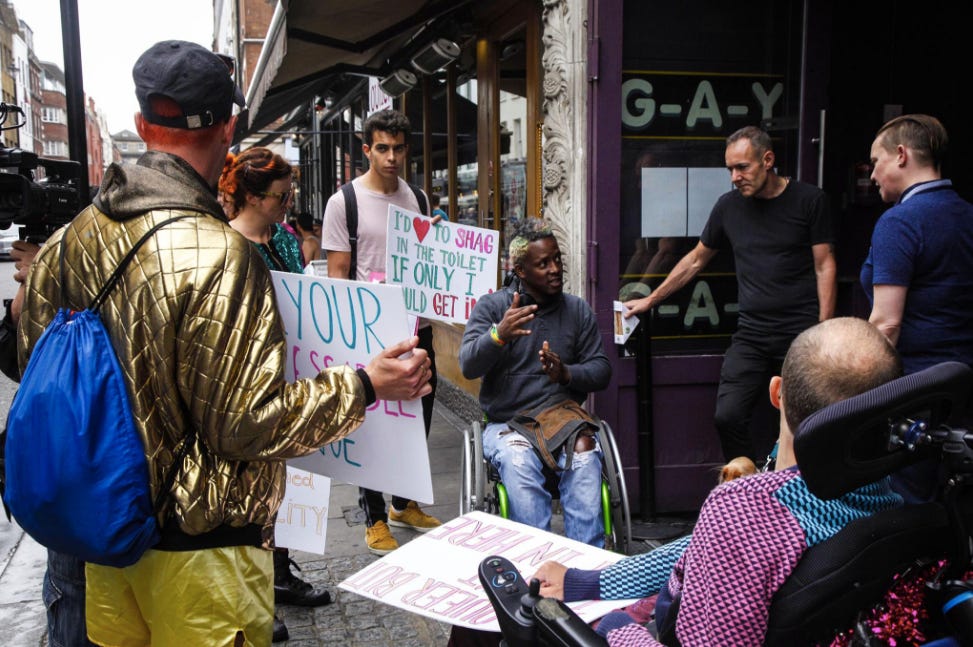
"So another way to think about it is that disability nightlife has been around forever and tricky to tap into. But we have traces." This made me want more—oral histories, a book, and, especially now and even though I'm usually in bed by 9pm these days, an invite to that next party. Perhaps a revival of the queer tea party but for disabled folk?
Coming from the States, I've been amazed to find how many club nights there are for learning disabled and autistic adults in London. Off the top of my head there's Bubble Club, Club Soda/SoDaDa, Tramtastic, Butterfly Bloom’s Club 82, and Beautiful Octopus Club... probably more out there. And that's just London.
Can y'all think of any examples in the U.S.?